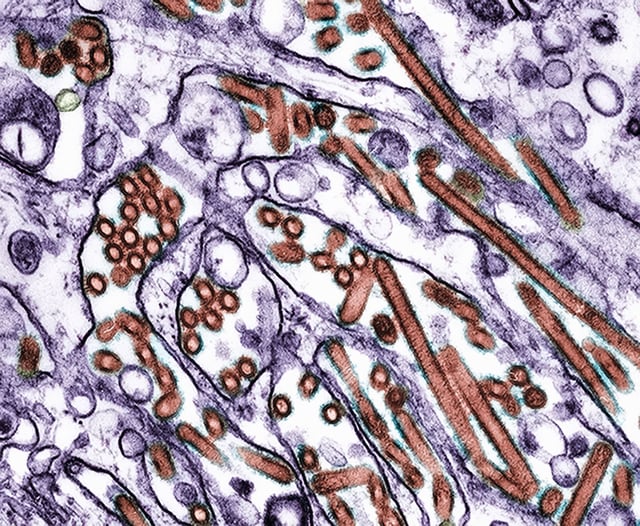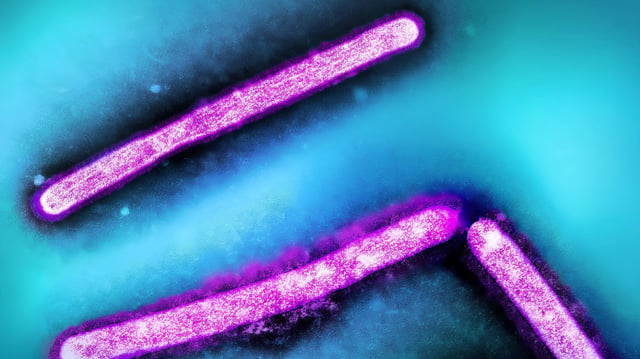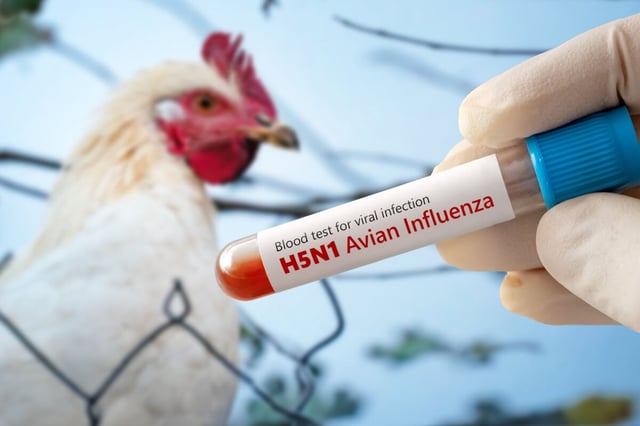Overview
- A teenager in British Columbia is in critical condition with H5N1, marking Canada's first locally acquired human case of bird flu.
- Genetic analysis of the teen's virus revealed mutations that may enhance its ability to bind to human cells, raising concerns among scientists.
- The teen had no known contact with infected animals, complicating efforts to trace the source of the infection.
- Experts emphasize that while no evidence of human-to-human transmission has been observed, the virus's adaptation to humans warrants close monitoring.
- The U.S. has reported 53 human cases of bird flu since April 2024, with underreporting likely due to mild or asymptomatic infections.



